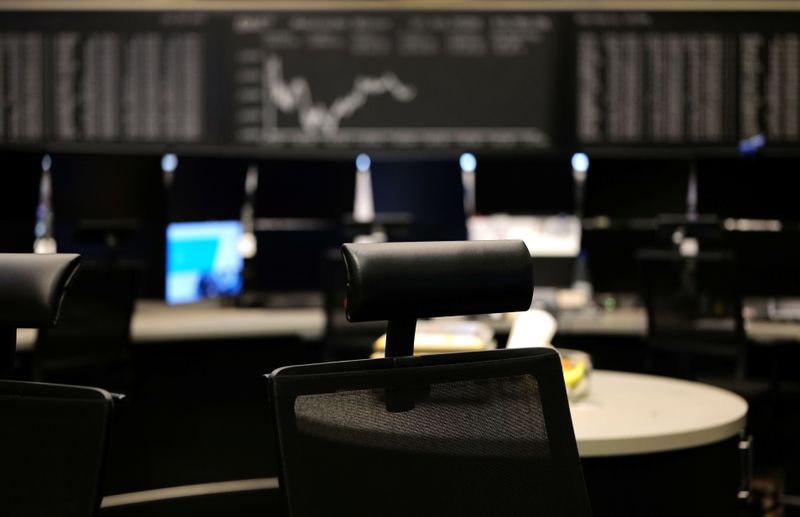By Dhara Ranasinghe
LONDON (Reuters) - Remote working is now one of the top daily challenges facing traders and a development that will likely boost the use of technology and electronic trading in the months ahead, a survey by JPMorgan (NYSE:JPM) released on Tuesday showed.
According to the survey of 260 fixed income, currencies and commodities (FICC) traders conducted in December, almost a third cited the availability of liquidity -- how quickly and easy it is to buy and sell an asset in markets -- as their chief trading challenge.
That was followed by workflow efficiency and remote working, a new addition that highlights the impact of the coronavirus pandemic on trading floors following widespread lockdowns that began almost a year ago.
According to the survey, 77% of respondents said they worked from home between March and June for an average of four days a week, with 21% reporting a change in the their execution style. Many cited increased electronic trading.
For 2021, 55% of respondents said they expected to work from home for an average of four days a week, with 18% saying their execution style could continue to change going forward -- again mostly through increased electronic trading.
"This is really interesting because it is something we anecdotally know," said Scott Wacker, head of FICC e-commerce sales at JPMorgan.
"So, if you think about that, if they are going to be working from home, then remote working capabilities, access to data, electronic trading are going to be more important and that's what we saw in the survey."
Mobile trading applications were expected to have the most influence in shaping trading in the next 12 months, with artificial intelligence (AI) and machine learning taking over in the next three years.
Rate traders anticipated the biggest increase in electronic trading volumes over the next two years, followed by credit and commodities traders, the survey showed.
Asked about what percent of trading volume is/will be done electronically, rates traders put the number at 67% in 2022, 53% in 2021 and at around 50% currently.
The COVID-19 pandemic boosted electronic trading in bond markets last year, according to traders and investors.
Asked which theme will have the biggest impact on markets in 2021, 42% of those surveyed cited the global pandemic, followed by market and economy dislocation.
Banks were ranked first as the top liquidity source for traders for a second straight year, cited by 88% of those surveyed, with 32% listing non-banks and just under a third ranking listed exchanges.
